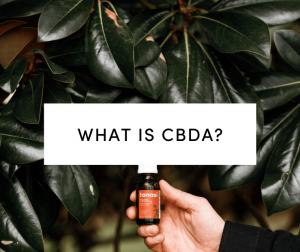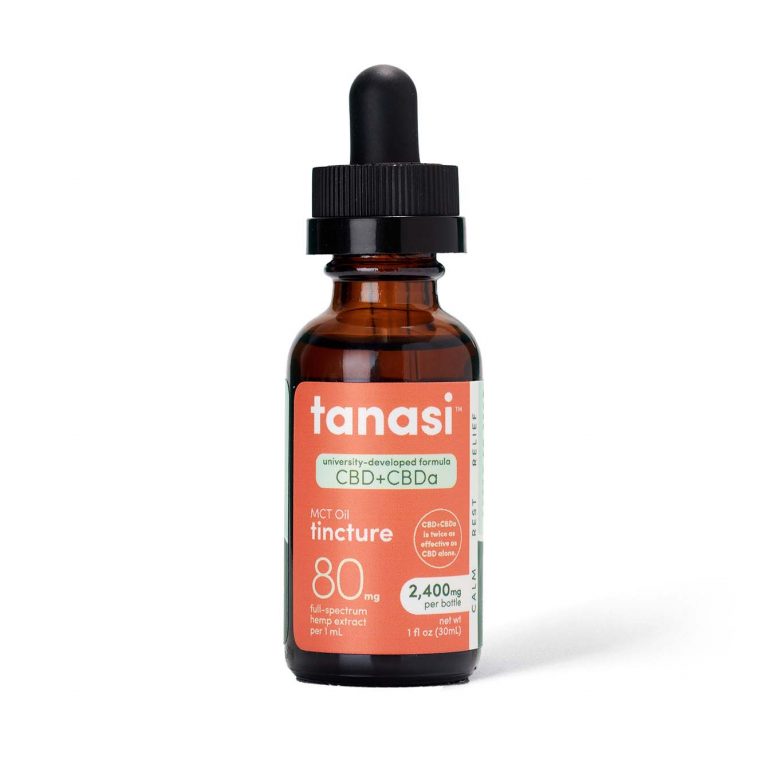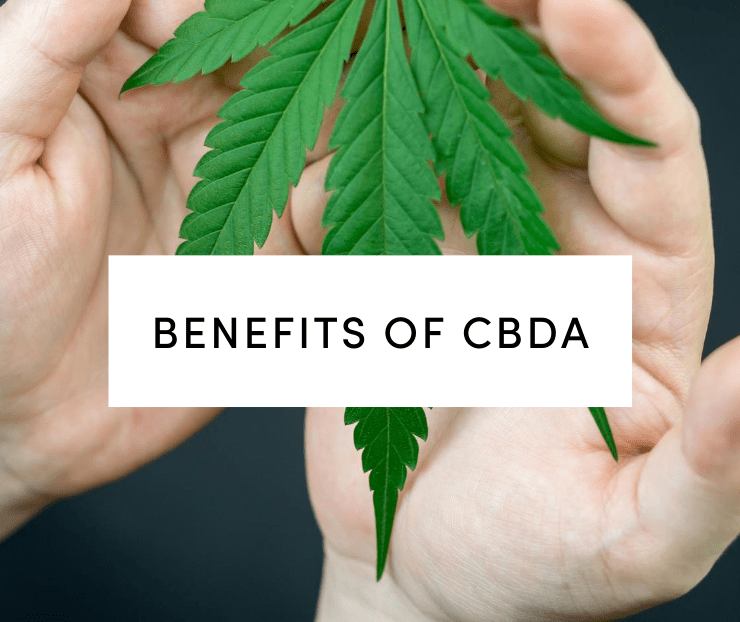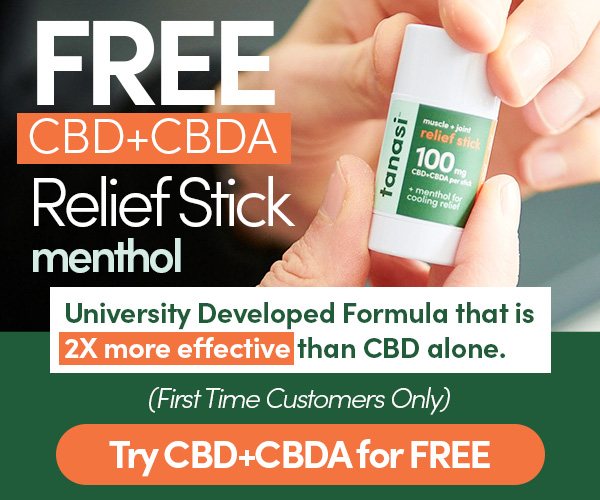What Is CBDa And How Does It Help?
Posted on December 25th, 2024
What is CBDa and how does it help? Over the last few years, the focus surrounding the health benefits and medical potential of CBD (cannabidiol) has increased immensely. It is also now used as one of the treatments for a rare form of epilepsy. However, CBD would not exist if it was not for CBDa.
What Is CBDa? 
CBDa is a cannabinoid. Cannabinoids are the active ingredients in cannabis plants. And there are a lot of them! In fact, we’ve identified over 100 cannabinoids in these plants. When you introduce cannabinoids to the human body and brain, they mimic some of the chemicals that the brain naturally produces. As a result, they interact with your endocannabinoid receptors.
This is why cannabinoids can create an array of effects when ingested or applied. These include alleviating pain, easing nausea, assisting with depression, and more. Some of the more famous cannabinoids include CBD, CBG and THC. But before cannabinoids such as CBD become pharmacologically active, they exist in an acidic form.
What does this mean for anyone who wants to understand CBDa? Here’s the story. CBDa is the acidic precursor to CBD, also known as a cannabidiolic acid. And other cannabinoids also have acidic precursors. So raw cannabis flowers also contain CBGa, THCa, CBGa, CBDa, and more.
How Does CBDa Work With The Endocannabinoid System?
Since CBDa is a precursor for CBD, it makes sense that the molecules work in a similar way. Plus, it’s only natural that they interact similarly when connecting with your endocannabinoid system.
The ECS (endocannabinoid system) is made up of lignans (endocannabinoids) and receptors, located in different parts of the body. The endocannabinoid system plays a role in many functions, including immune response, energy metabolism, and pain management.
The cannabinoids in the cannabis plant share many similarities to the endocannabinoids that our human bodies produce naturally, which attach or bind to these cannabinoid receptors with the aim of helping to maintain balance in many of the systems throughout the human body. This is better known as homeostasis.
Unlike THC, CBDa and CBD don’t have an “affinity” to the CB1 or CB2 receptors. Instead, cannabidiolic acid and CBD have shown that they inhibit the COX enzymes linked to inflammation from infection and injury.
In studies, it has also been discovered that CBDa interacts with the 5-HT1a-serotonin receptors. Serotonin is the neurotransmitter that plays a role in several functions, including regulating sleep, nausea centers, appetite, and mood.
What Are The Potential Benefits Of CBDa?
Most of the studies and research up until now have mainly focused on the non-acidic states of cannabinoids such as THC and CBD. This means there is not much known about the acidic precursors. However, research is now expanding and starting to change the way many of us think of CBDa, its potential uses, and its benefits. Here are some of the potential benefits relating to CBDa:
• Depression
Research suggests that CBD is a promising depression treatment. Now, we’re hoping to discover if the same is true for CBDa? Scientists already know that CBDa affects ECS receptors in the same way that CBD does. As such, it could provide antidepressant effects, and at doses that are 10 to 100 times lower than those required with CBD.
• Epilepsy
GW Pharmaceuticals manufactures Epidiolex. This is CBD-derived epilepsy medication that manages rare forms of childhood epilepsy. Well, now, they believe that CBDa may also help people suffering from epilepsy. In fact, they’ve filed a patent on CBDa use for epilepsy, as they conduct further studies into its potential for disease sufferers. Similarly to CBDa for depression, researchers believe that CBDa might help epilepsy sufferers, and in smaller quantities than CBD.
• Anti-Inflammatory
CBDa is a COX-2 inhibitor and an exceptional anti-inflammatory. COX-2 is the enzyme NSAIDs (non-steroidal anti-inflammatory drugs) such as aspirin and ibuprofen target. Researcher suggests that CBDa can block this enzyme. And its potential is superior to THC’s.
• Nausea 
Scientists now believe that CBDa can manage nausea. After all, the same receptors control well-being and anxiety, as well as nausea and vomiting. Similar to CBD, CBDa interacts with the receptors that calm queasy feelings. In fact, studies suggest that CBDa could be more effective than CBD.
• Breast Cancer
According to a study from 2012 from the Hokuriku University in Japan, the researchers found that CBDa seemed to be effective when it came to inhibiting or slowing down the growth of one of the aggressive breast cancers. While the results seem to be promising, a lot more research is required to specify the exact mechanisms of how CBDa works. Over and above inhibiting growth, one of the studies also discovered that CBDa (cannabidiolic acid) can stop cancer cells in the breast from migrating, which could mean that it limits this particular disease from metastasizing in other body parts. Scientists are working hard to work out what this could all mean.
Takeaways
It is starting to look like CBDa has its own set of unique benefits and potential when it comes to the ever-expanding cannabinoid industry. While the studies into most of CBDa’s potential are still in their infancy, enough of this evidence is giving enthusiastic supplement users and scientists great optimism.
For many people who are just starting out on their CBD journey, CBDa may be the next best choice to add to their wellness and health routine. CBDa is also thought to be one of the risk-free options since it is free from any potential or high risks associated with THC. Raw CBDa, may be just what CBD users need to optimize their wellness routines!
https://www.cnbs.org/cannabinoids/cbda-cannabidiolic-acid/





